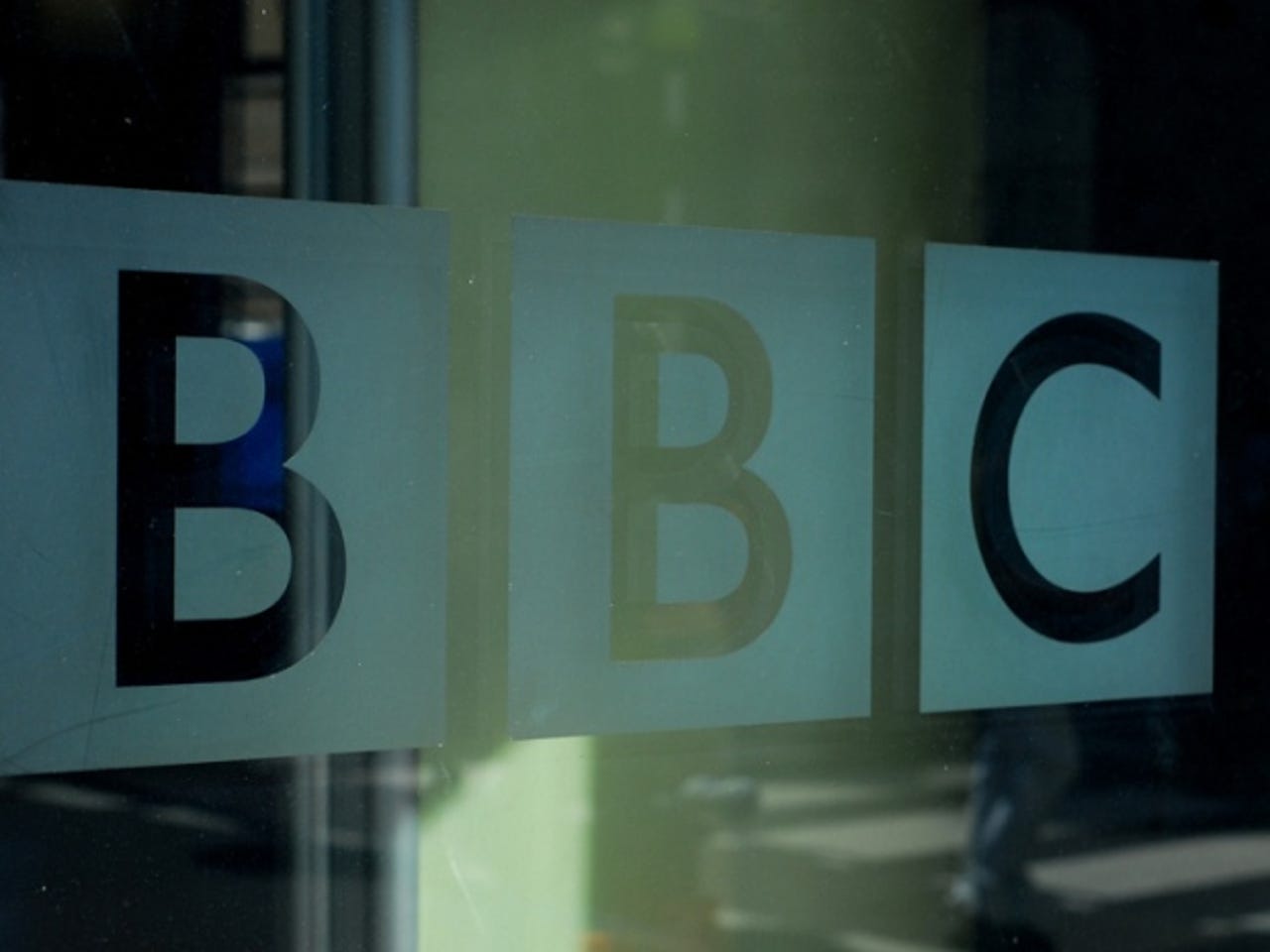BBC hands over £300m licence fee cash to boost UK's super-fast broadband coverage

The BBC has confirmed that it will contribute a total of £300m towards the rollout of super-fast broadband in rural areas of the UK.

The £300m will be paid to the Department for Culture, Media and Sport (DCMS) between 2015 and 2017.
The funds will go towards achieving the Broadband Delivery UK (BDUK) scheme's goal of providing super-fast broadband connections to 90 percent of UK premises and a minimum of 2Mbps to all homes.
"Starting in April 2015, the BBC will pay the Department of Culture, Media and Sport £12.5m a month for two years," the BBC said in a post on its Ariel blog.
While the agreement stems from terms introduced when the licence fee was renegotiated in 2010, the organisation was under pressure from the Federation of Entertainment Unions to scrap the agreement and not fund any infrastructure projects.
Public funding
The Communication Workers Union welcomed news of the BBC's commitment to providing cash for the rollout but added that the organisation shouldn't be expected to foot the bill alone.
"Research shows that more public funding will be required to get faster broadband out to rural and remote areas, and the BBC should not be expected to carry this cost alone," Andy Kerr, deputy general secretary of the union, said in a statement.
Kerr contends that, as other commercial operators will also benefit from improved broadband infrastructure, they too should have to put contribute towards its rollout.
"They will rely heavily on having access to a high-speed broadband network to distribute their services and it would be fair to ask them to contribute to the cost," he said. "Commercial broadcasters will benefit from using a network built by public funds to deliver highly profitable premium film and sport at exclusive prices."